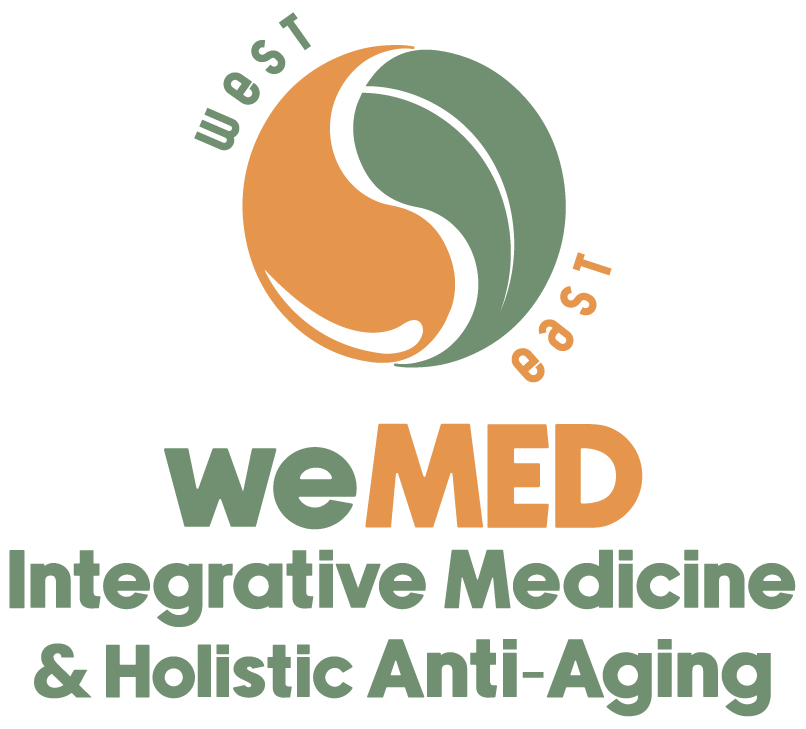Relief Care and Correction Care
At weMED, we treat patients who cover the spectrum of health, from those who are already healthy and wish to maintain their health to those who face a critical health problem and need immediate relief. Our goal is not just to heal your arthritis or alleviate your IBS; we also want to help you reach the best level of health you can.
To that end, part of our treatment is determining which Care Cycle our patients occupy.
What is a Care Cycle, you ask?
A Care Cycle represents your relationship to your ongoing health, encompassing your reaction to specific health issues, what you do to address the problem, and what action you take to prevent future issues. There are three Care Cycles:
1) Relief Care Cycle
2) Correction Care Cycle
3) Maintenance Care Cycle
Each Care Cycle has a crucial impact on your short- and long-term health
Maintenance Care/Proactive Care Cycle
If you monitor your wellness, have regular check-ups, and actively try to improve your wellbeing every chance you get, then you are in a Maintenance Care Cycle. You might also hear the term “Preventive Care/Proactive Care” to describe this approach to total health. Maintenance Care’s focus is to minimize wear and tear as we age. Just as you care for your car, you should give your body regular tune-ups to ensure high-level functioning through ongoing maintenance.
There are three stages of disease development:
For example, here are three case studies that illustrate this point:
| Relief Care | Correction Care | |
|---|---|---|
| Definition | Refers to treating repeating symptoms with medication, a few acupuncture sessions, or other therapies, then ceasing the treatment once you feel better. You may start the same treatment again if the symptoms return. | Refers to identifying the cause and addressing it systematically to restore the functionality back to 85% of your pre-illness capability. |
| Example 1: Acid Reflux | Feeling better with a few acupuncture sessions or taking an antacid like Nexium, then stopping treatment when symptoms disappear.
In the long run, research shows untreated acid reflux may cause esophageal cancer. Additionally, long-term usage of Nexium is associated with dementia and osteoporosis. |
|
| Example 2: Seasonal Allergies | Focus on drying up the nose and stopping mucus production with antihistamine; however, allergies and sinus infection return frequently.
In January 2015, The Journal of the American Medical Association (“JAMA”) reported that long-term usage of antihistamine is associated with dementia. |
|
| Example 3: Dementia | One of our patients was diagnosed with early-stage Alzheimer’s Disease; upon reviewing medical history, we learned this patient had been taking Nexium for over 25 years, antidepressants for 15 years, cholesterol medication for 17 years, and sleep medications for 20 years. Despite years of medication, all the symptoms persisted, and dementia now plagued this patient (based on the neurologist test and PET scan). |
|
We focus on the 5 Pillars of Health, in which acupuncture supports

At weMED Health, we are committed to
providing modern healthcare that bridges the
gap between Eastern and Western medicine.
At weMED Health, we are committed to providing modern healthcare that bridges the gap between Eastern and Western medicine.
Pain relief without
harmful medications
Avoid Expensive
Surgeries
Improve Your
Quality of Life

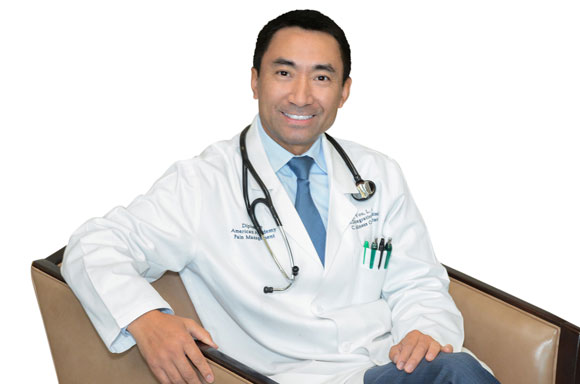
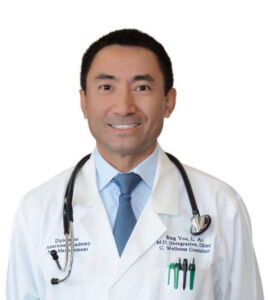
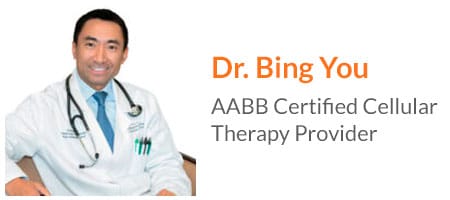
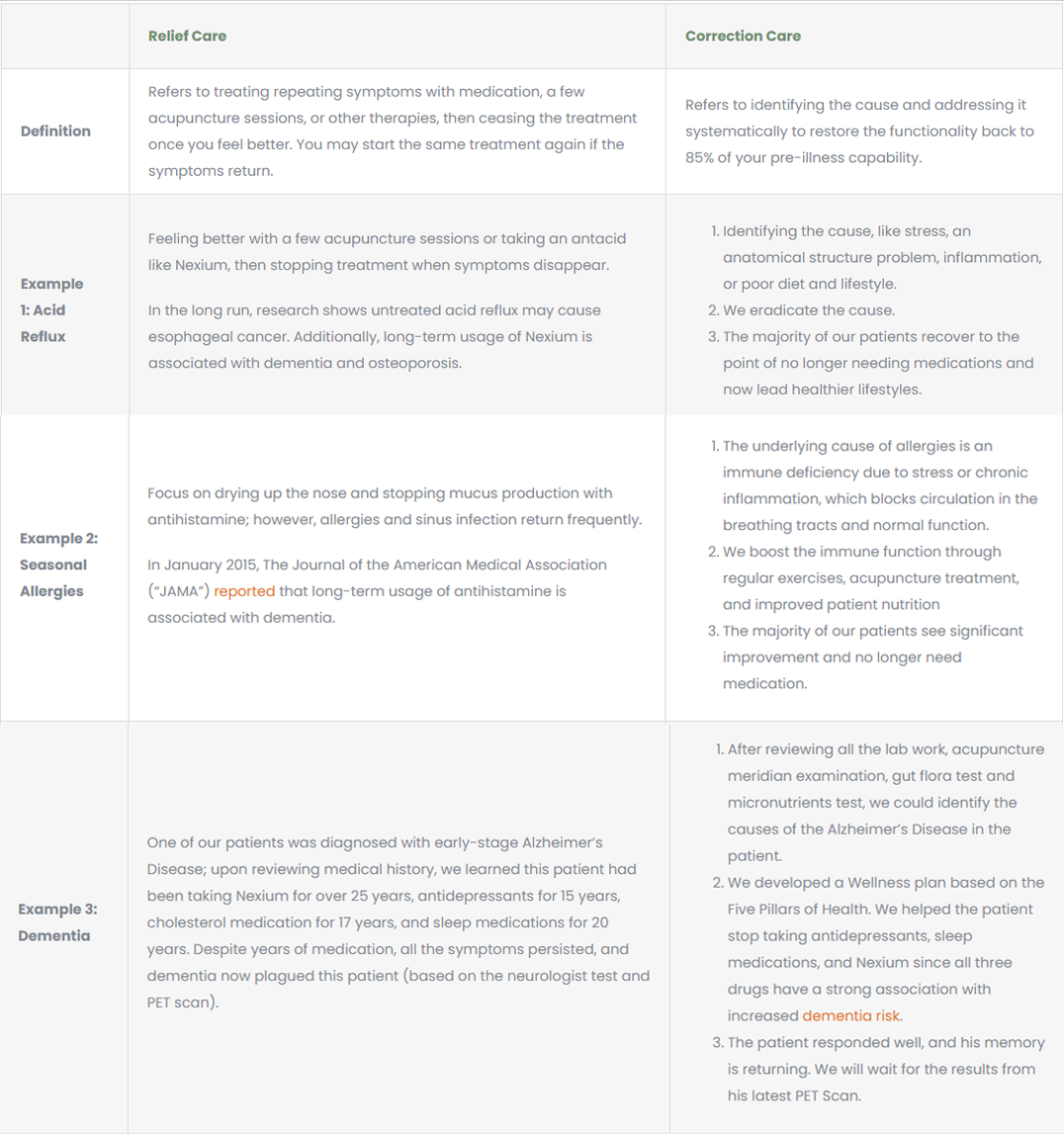




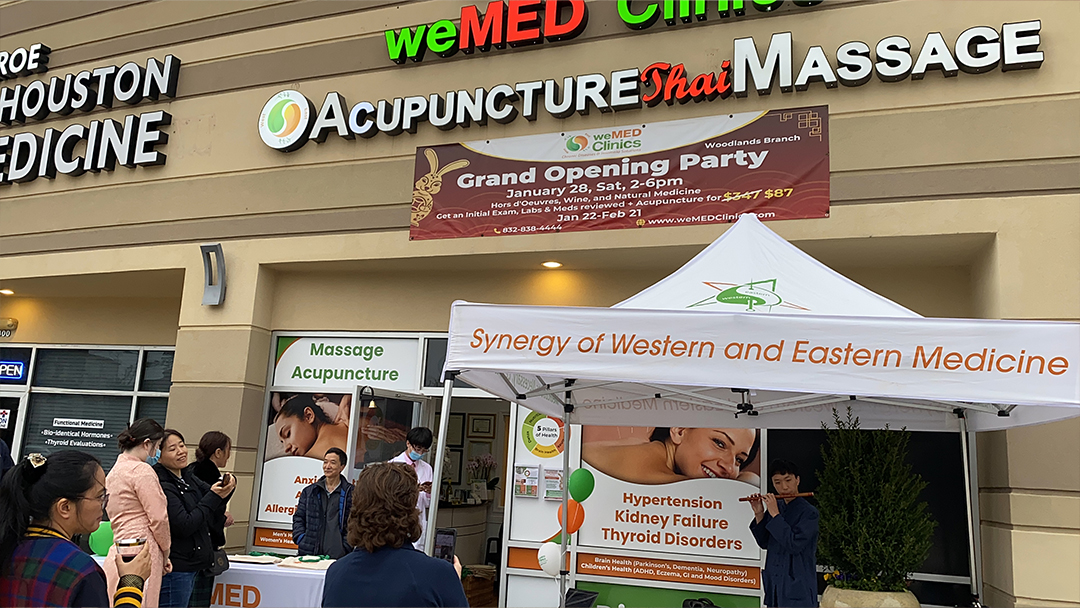
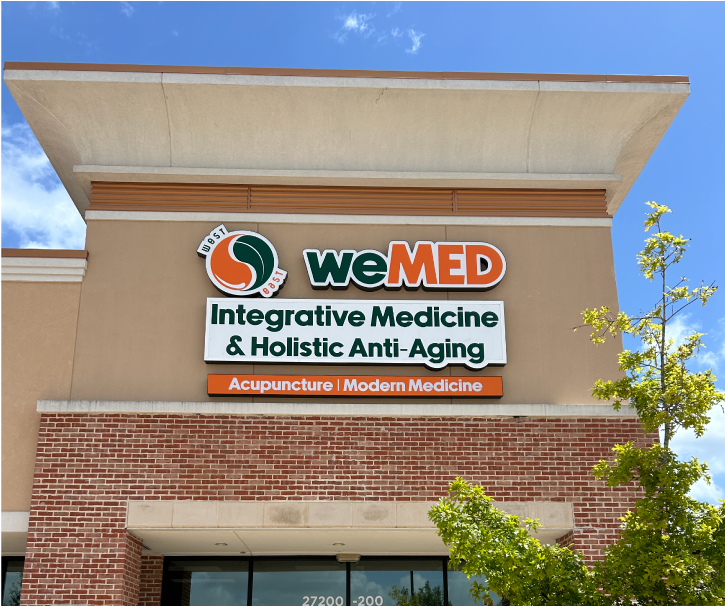
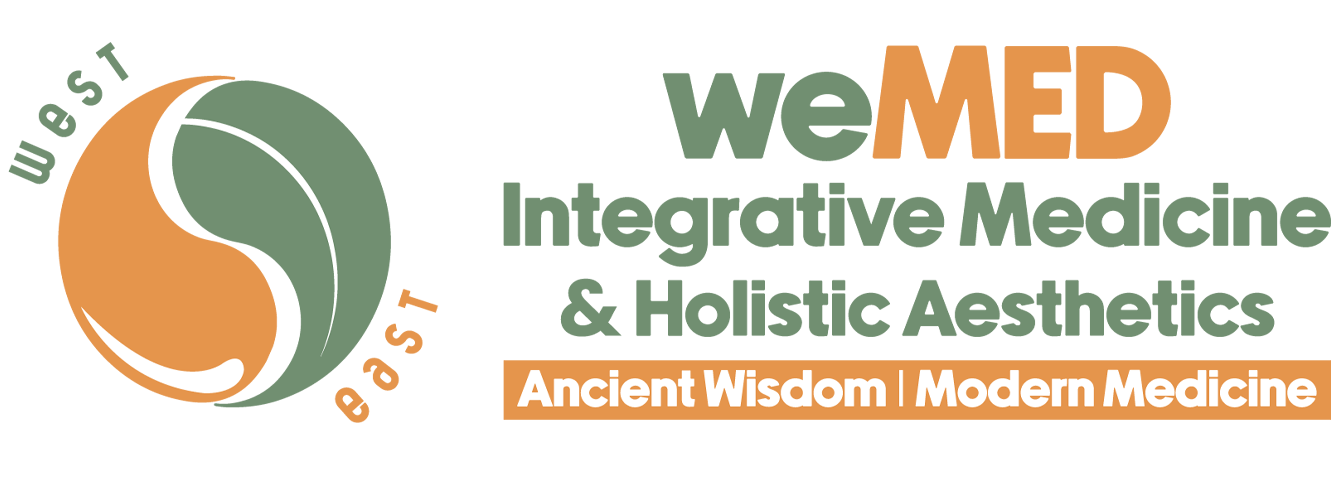 Fill out the form below and we will get back with you shortly.
Fill out the form below and we will get back with you shortly. Fill out the form below and we will get back with you shortly.
Fill out the form below and we will get back with you shortly.